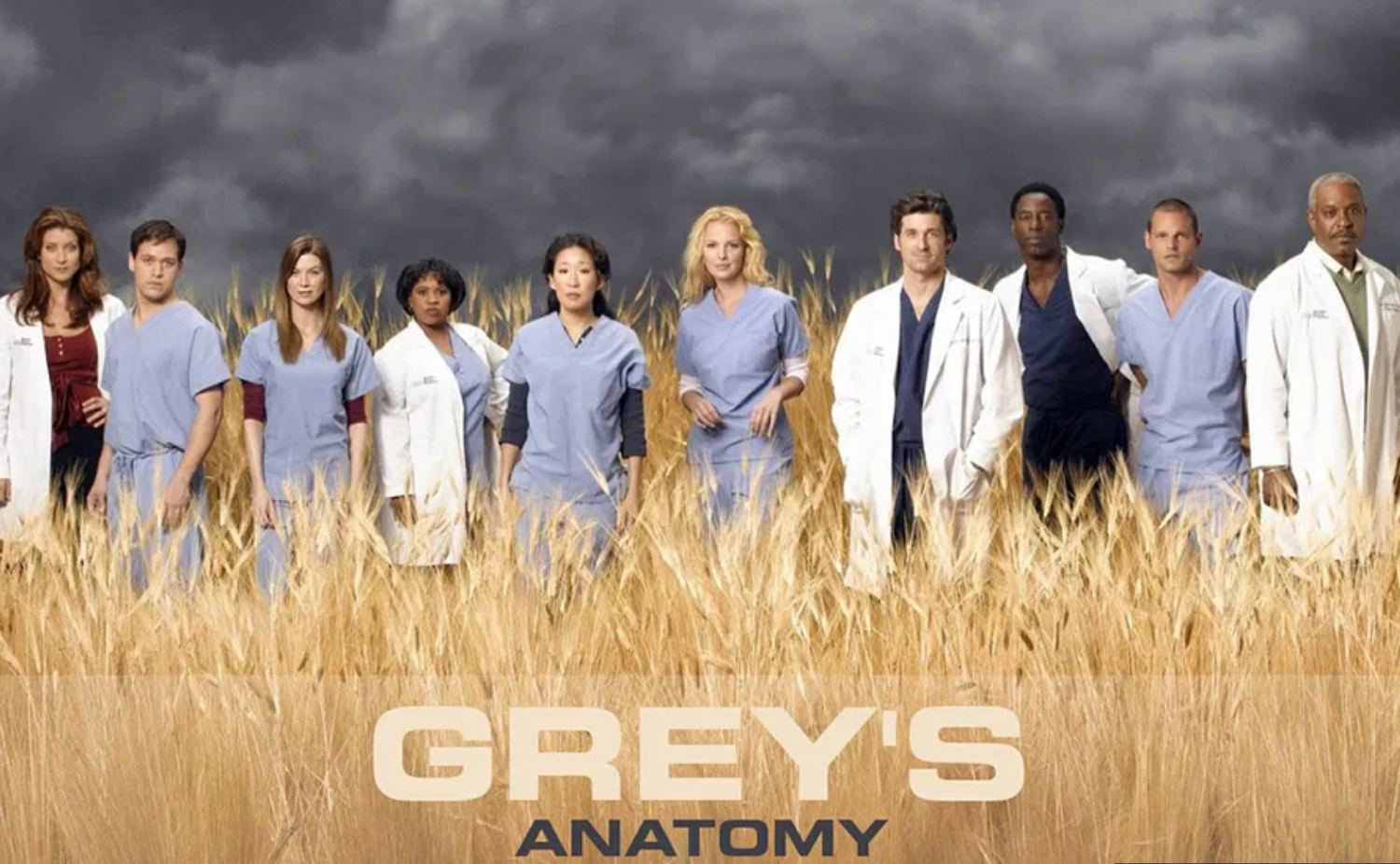Grey’s Anatomy (Season Finale)
Okay, so Shonda Rimes tells fairy tales. Her characters all speak with the same hesitant inflection, the same stutter and most of the time, they are self-absorbed and narcissistic. But, Rimes is also clued into the temper of the times and the need for integrity and truthfulness when so much of the public and political sphere is bereft of truth and integrity. Rimes for better or for worse "feels" the temper of of this historical period in a way that most television writers cannot, lost as they are in strange plots or repetitive narratives that hint at truth without understanding its foundations. There is a moment and it is brief, in the season finale of Gray's Anatomy, when the Chief asserts his leadership, his manliness and his integrity with enough force to reclaim his wife and his marriage. It is a poignant expression of the confusion between what we know about ourselves and our desire to live in an enchanted kingdom where deferred desires finally become real.
This year's finale is about childhood, about the losses, pain and learning that children experience without really understanding that they are forming the base upon which their adult lives will endure. Childhood for Meredith Gray is the discovery of her mother's real reason for trying to commit suicide (to attract attention) and Alex's revelation that he had tried to take care of his dying mother and failed to save her. Childhood is about pains that come and go without the perspective to recognize their impact. This show is about the success of psychiatry and the talking cure (Meredith finally understands her relationship with her mother.). It is about scientific experimentation (its mistakes and successes), but mostly it is about developing in the words of Miranda Bailey, a big picture view of the world. It is about stepping back from the seemingly endless swirl of everyday life with enough force to recognize not only complexity but also and more importantly, how to tell yourself a story in which you are both heroine and failure, but nevertheless can succeed.
In this context, honesty becomes a tool for self-effacement and for ego. The contradiction is obvious. You cannot at one and the same time be on top of the world and your game without also chipping away at your presumption that you know yourself well enough to understand what you are doing and why. Rimes balances between pop psychology and insight, between an Oprah-like obsession with reducing the world to a series of simple equations, to recognizing that fairy tales make the world go round. Rimes is the antithesis of the characters she creates. Her characters are immersed in the contradictions of a medical world that engages with death and disease while also pursuing dreams of perfection. For Rimes, perfection comes from the endless pursuit of the right story through a combination of dialogue rhythm and music. Every time that Rimes solves one part of the fairy tale another challenge rears its head.
Rimes's world frees patients from encasement in concrete (both psychological and physical), brings love to people where and when it is needed, and finally allows men to combine new forms of sensitivity with enough verve to remain at least partially macho. If all this sounds like a bit of a mess, then Rimes's has captured what other television shows cannot, the fact that fairy tales are always immersed in the detritus of what they leave behind just as most stories are not solely about the lives of the people they depict. Television is obsessed with narrating the clash between childhood dreams and adult failures (see this season's episodes of Lost). Gray's Anatomy in contrast revels in the romantic pain that comes from self-recognition. Narcissism it seems reveals an endless series of mirrors, none of which really capture the truth with enough depth to complete the story of any one character. This only happens when television series come to an end.

